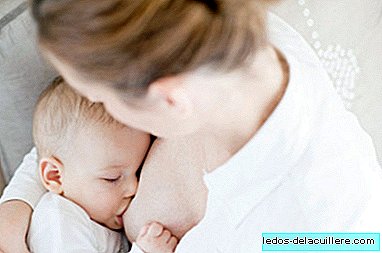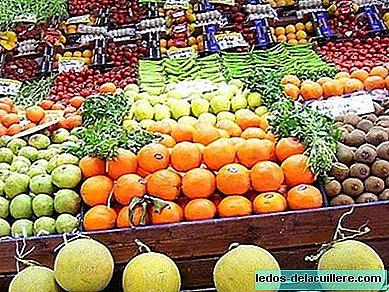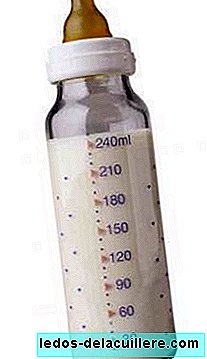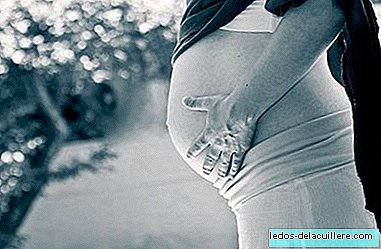
That breast milk is the best food for the newborn there is no doubt. Its nutritional advantages are indisputable, as are the benefits of this 'biological gold' for the baby's immune system. Breast milk acts as a protective shield against infections and diseases.
Its composition continues to surprise us as new findings are discovered. One of the latter concludes that a type of sugar in breast milk would protect the baby against group B streptococcus, a bacterial infection that can be found in the vagina or rectum of a pregnant woman and can be fatal to the newborn born.
Between 10% and 30% of pregnant women carry the streptococcus bacteria B. It is one of the many bacteria that live in the body and generally do not cause serious diseases. It is found in the digestive, urinary and reproductive tract of men and women and in women it can be lodged in the vagina and rectum.
Most pregnant women who are colonized with GBS do not have symptoms or their health is affected, but some may have a urinary tract infection or infection of the uterus due to the bacteria. If this infection is transmitted to the baby at the time of delivery, it can cause serious complications, even in some cases causing death.
Researchers at Imperial College London (United Kingdom) conducted a study with 183 women in the Gambia and found that a type of sugar present in breast milk could protect the newborn against group B strep infection, the common cause of meningitis in newborns and the main cause of infection in the first three months of life.
Not all women have the same milk
The composition of breast milk is defined by the genetic profile of each woman. Specifically, a particular type of genetic system, called the Lewis antigen system (which is involved in the manufacture of the ABO blood group), plays an important role in determining the sugars in breast milk.
Breast milk contains more than 200 different sugar molecules, a mixture of different types of oligosaccharides that act as food for the good bacteria that the baby has in the intestine. Breast milk thus favors the proliferation of these friendly bacteria.
In the study, the team analyzed the mothers' milk with sugars controlled by these genes. Women who produced the breast milk sugars linked to the Lewis gene were less likely to have bacteria in their intestines, and their babies were also less likely to acquire the 'bad' bacteria from their mothers at birth.












